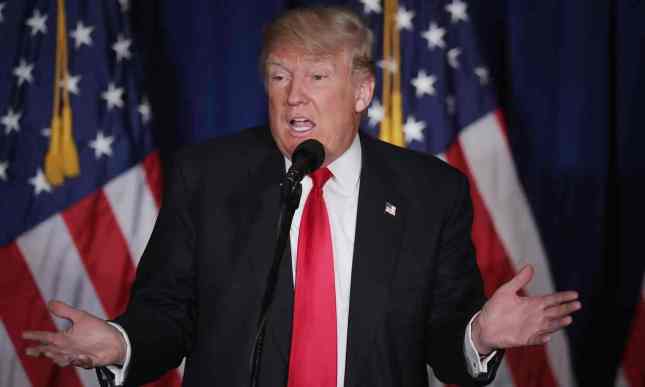A political operative, financed by Russia, who recently represented Russian interests in Ukraine before they were invaded by Russia, came within months of running the US government under Trump.

Image from here
I will get back to science at some point, I promise, but there is just so much troubling news about Trump’s cabinet nominations and shady implications about his ties to Russia and Russia’s influence in the election…the list goes on and on.
I have a feeling that many people are, like me, scrambling to put the Russian-Trump pieces together before Trump’s inauguration because we just can’t wait for the CIA/Obama report to come out. They waited until last week to start…In looking for a connection (decidedly not a scientific way to go about this, but Russia DID influence our election in Trump’s favor and he and Republicans denied it) I came across an old story from Politico about Carter Page, a one time mention by Trump as a potential adviser on Russia and foreign policy. There is plenty that is shady and mysterious about this story. However, it looks like Page is a wanna-be who was never really involved with Trump, and though he met with high level Russian government/businessmen against US sanctions, he only had the opportunity because of a Trump gaff during an interview in which he named Page as a possible adviser.
Then, there is Trump’s earlier Campaign Chief from a few months ago, Paul Manafort. This guy is dripping with evil. Here is a list of his clients before Trump:
- In the 80’s, Manafort worked to keep Philippine dictator, Ferdinand Marcos, in power.
- A Lebanese arms merchant who in the mid-90’s paid Manafort with funds from selling French submarines to Pakistan in order to influence the French prime minister, a.k.a., the Karachi affair.
- Viktor F. Yanukovych is the former president of Ukraine who fled to Russia after a civil upraising aimed at routing out pro-Russian influence as well as ending corruption in the Ukrainian government. Yanukovych embezzled large sums of money, and used some of it to build lavish homes for himself, one of which had its own zoo as well as tennis courts yada yada. Other sums made its way to his allies in Russia. Yanukovych was basically a Russian puppet, and Russia invaded Ukraine as soon as Yanukovych was forced out of office. As reported in August by the Times (http://nyti.ms/2aMGWUe), Paul Manafort played a role in helping Yanukovych stay in power, laundering money embezzeled from the Ukrainian government, and funneling that money to Russia via a business partner, the Russian oligarch Oleg Deripaska. This information came from the new Ukrainian government’s investigations.
In the absence of solid facts about Trump’s business dealings – why has he still not divulged his tax return? – and any other possible ties to Russia through other political agents, I’m left with the CIA’s conclusion that Russia tried to get Trump elected, that Trump has been in contact with the Kremlin over the last 5 years, and that he chose Paul Manafort to lead is campaign (and potentially become his Chief of Staff) until Manafort’s ill-gotten-gains and involvement with Russian political intrigue was uncovered. As the Young Turks video above attests, Manafort ensured that the Republican National Convention was pro-Russia this past summer. What effect could he have had on out country – and who else has Trump let sneak into the White House in Manafort’s stead? This is all deeply troubling, and I hope we uncover the whole story before January 20, 2017.